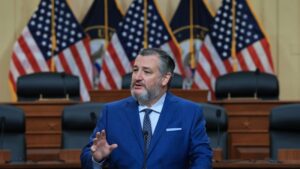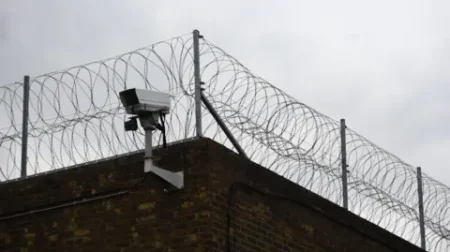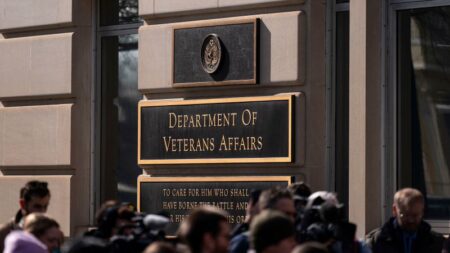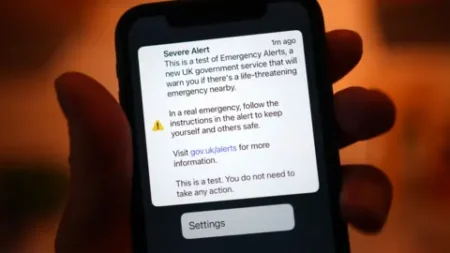In a recent turn of events, United States Senator Ted Cruz, representing the Republican Party, found himself amidst controversy during a scheduled family vacation in Greece. Concurrently, devastating floods were wreaking havoc in central Texas, raising questions regarding his commitment to his constituents during emergencies. His office issued a statement outlining Cruz’s actions in response to the flooding, emphasizing his immediate communication with key state and federal officials to secure necessary resources for recovery efforts.
On July 4, coinciding with the onset of the flooding in Texas, Senator Cruz was vacationing abroad when he promptly began coordinating a response from overseas. His office noted that within hours of the disaster, he was in contact with Texas Governor Greg Abbott, Lieutenant Governor Dan Patrick, Texas Emergency Management Director Nim Kidd, and President Donald Trump. Cruz’s intention was clear: he aimed to facilitate the deployment of federal assets to aid in search and rescue operations during this critical time.
The urgency of the floods, which tragically left at least 24 individuals dead and many more missing, prompted Cruz to take swift action. According to the official statement, he engaged with local officials and worked with families of the missing children. Cruz made arrangements to return to Texas as soon as possible. Notably, due to the time difference, he departed from Athens early on Sunday morning and was back in Texas by that night. He made it to Kerrville, Texas, early the following Monday morning to directly handle matters on the ground.
While the Senator was fulfilling his obligations to return, a tourist in Athens identified Cruz and captured a photograph of him. This encounter occurred shortly after Governor Abbott had announced a disaster declaration due to the severe flooding. The tourist, Michael Rocchio, expressed his disbelief at Cruz’s presence abroad during such a crisis. Rocchio, who hails from outside Texas and has openly criticized Cruz’s political stance, stated, “I get it, he’s on vacation. But after what happened, vacation or not, you should have been back on a plane on his way back to Texas to deal with everything that was going on with those poor kids in the floodplain.”
The gravity of the situation escalated, with reports confirming that the death toll had exceeded 100 individuals. Cruz’s history of taking vacations during natural disasters has also attracted scrutiny. A notable incident occurred in 2021 when Cruz faced backlash for traveling to Cancun, Mexico, amid a severe winter storm disaster in Texas that left millions without power or water. At that time, he later acknowledged that it was “obviously a mistake” to have left Texas during such a critical emergency.
The Senator’s trip to Greece was initially reported by The Daily Beast and raised questions about the appropriateness of such a vacation during a crisis that significantly impacted his constituents. Cruz’s office has defended his actions, highlighting his prompt efforts to manage the emergency response and coordinate resources from abroad, demonstrating that he remained engaged with the situation despite being physically away.
As the story continues to unfold, it has been updated to include further details about Cruz’s response and the evolving circumstances surrounding the catastrophes in Texas. The situation emphasizes the challenges public officials face when balancing personal commitments with their obligations to serve and support their communities in times of crisis. The public’s reaction to Cruz’s vacation underscores ongoing debate over political accountability and the expectations placed on elected officials to respond to disasters impacting their constituents.











